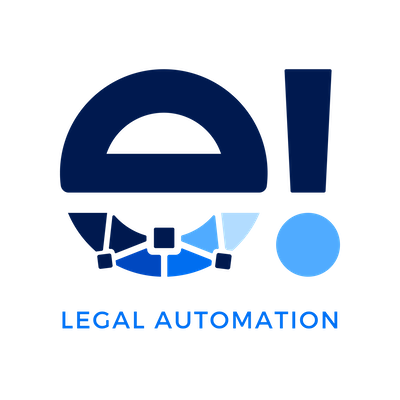The implementation of a no-code platform in an organization can be a great way to streamline processes and increase efficiency. However, before jumping into the process, it is important to take the time to assess the needs of your organization and plan accordingly. Here are 5 steps you should take before implementing a new no-code platform in your organization:
1. Identify your goals
Before implementing a no-code platform, it’s important to identify and understand the goals of your organization. This includes understanding what processes you want to streamline, how you plan to measure success, and how a no-code platform will help you achieve your company goals.
2. Research available options
Once you have identified your goals, take some time to research the different no-code platforms available. Look at the features each platform offers, as well as their pricing, and be sure to read reviews and ask questions to other companies that have already used the platform.

3. Create a plan
Once you have chosen your no-code platform of choice, create an implementation plan that outlines how you will transition from your current system to the new one. Bear in mind that when introducing a new technology into an organization, it is best to start small and scale up as needed. This allows for more manageable testing and implementation phases. And do not forget to involve all stakeholders in the planning process.
4. Test and adjust
Before rolling out your no-code platform, take some time to test it out with a small group of users to make sure that the chosen no-code tool is working for your business needs. This is a very important step when it comes to no-code platforms, as they require user input and interaction with existing systems. After testing, make any necessary adjustments to ensure that the platform meets your organization’s goals.
5. Train staff
Once you are ready to implement the no-code platform, it’s important to properly train your staff. Be sure to provide clear instructions and enough resources on how to use the platform correctly. And last but not least, provide continuous support to your team in case any issues arise.
Conclusion
In closing, implementing a no-code platform in an organization is a great way to take efficiency and streamline of processes up to another level. To maximize the benefits, it’s important that businesses assess their needs, research options available and create functionality plans with users in mind before implementation occurs. This proactive approach not only sets you on the path to success but also limits time-consuming (and expensive) rectifications further down the line – so consider taking this step now! When done correctly there will be tangible rewards reaped from having such advanced technology functions within your enterprise.
We hope this post has been helpful in guiding your organization towards implementing a no-code platform. If you would like to know more about how to get into automation for your company we recommend you to read this article: Legal Teams Guide: 6 Steps to identify workflows to be automated.






